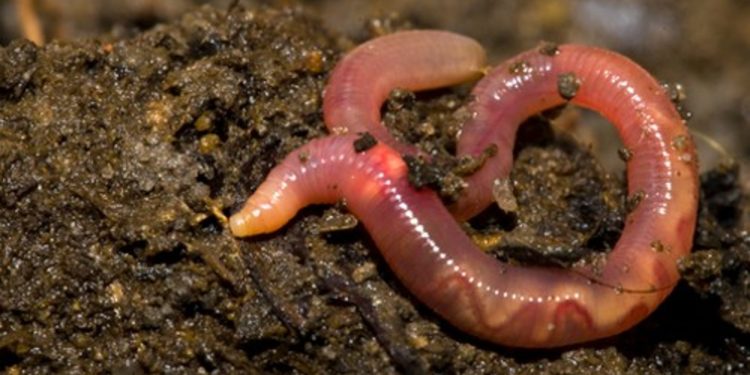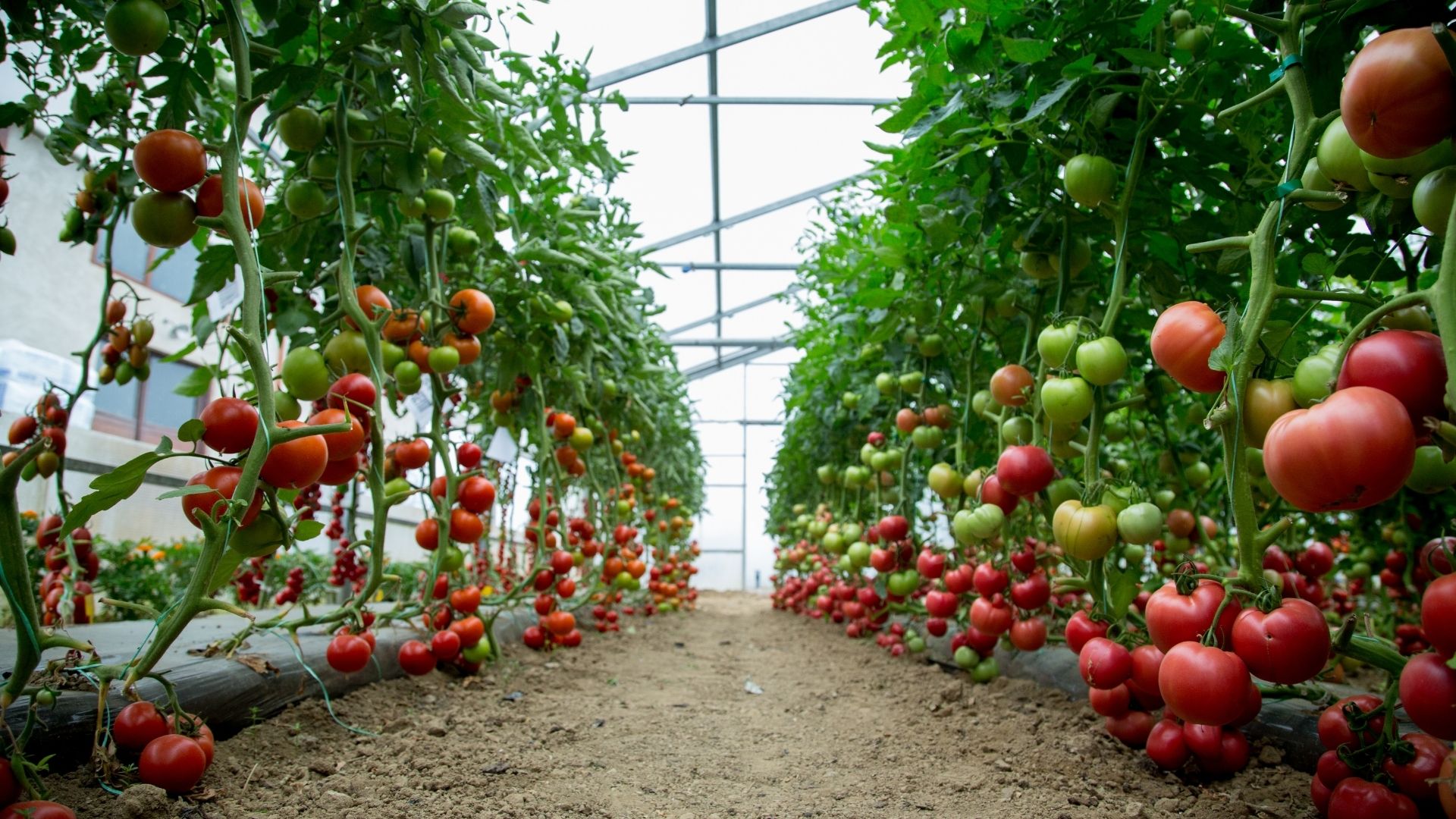#Agriculture #Earthworms #SustainableFarming #CropProductivity #SoilHealth #GlobalFoodSecurity #Agronomy #ScientificResearch
For centuries, farmers have recognized the invaluable contribution of earthworms to maintaining healthy soil. However, a groundbreaking study conducted by scientists from the University of Colorado State, published in Nature Communications, delves into the profound impact of these humble creatures on global food production. Their research not only quantifies the essential role earthworms play in agricultural ecosystems but also sheds light on their significant contribution to the world’s grain harvest.
The Earthworms’ Agricultural Impact: According to recent research findings, earthworms contribute to more than 6% of the world’s annual grain harvest. Their vital role lies in the decomposition of dead plant material, releasing essential nutrients crucial for plant growth. Furthermore, the tunnels they create facilitate the development of robust root systems, enhancing plant health and productivity. Scientists also discovered that earthworms aid plants in resisting common soil-borne pathogens by stimulating their natural defense mechanisms.
Researchers meticulously analyzed population distribution maps of earthworms, soil characteristics, crop yields, and previous studies on plant productivity. This comprehensive approach allowed them to assess the direct contribution of earthworms to key agricultural crops.
The study revealed that earthworms accounted for approximately 6.5% of the annual production of rice, wheat, corn, and barley. Remarkably, this contribution could be even more substantial, considering that in many regions, the extent of their influence remains inadequately explored.
Earthworms, often overlooked heroes of agriculture, play a pivotal role in ensuring food security worldwide. Their underground activities not only enrich the soil but also enhance crop resilience and productivity. Understanding the intricate relationship between earthworms and agricultural ecosystems is vital for sustainable farming practices. As we continue to grapple with the challenges of a growing global population and changing climate, appreciating the significance of these small creatures becomes paramount. Further research and conservation efforts are essential to harness their full potential and create more resilient and productive agricultural systems for the future.













